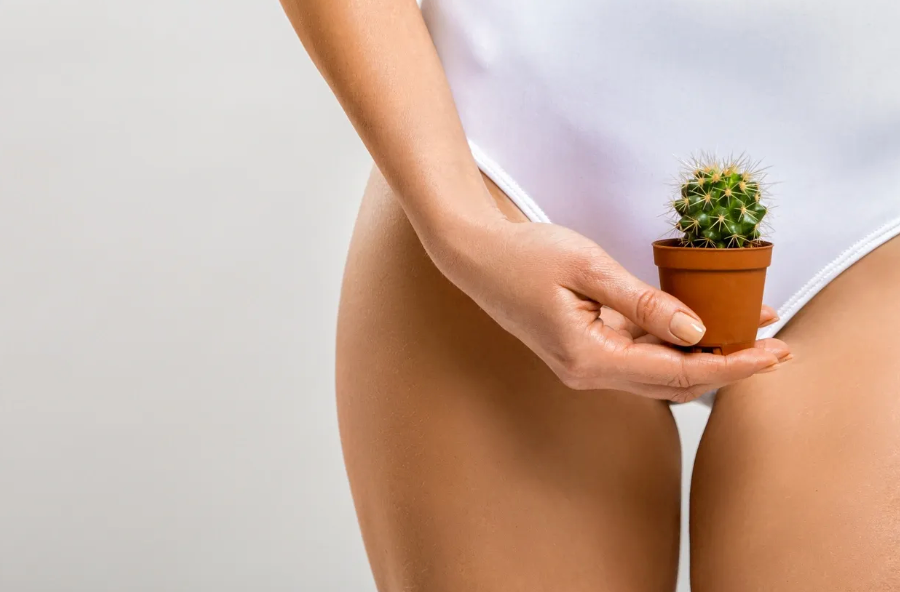Understanding Itchy Vagina: Common Causes and Solutions

Itchy vaginas are a concern for countless women, likely hundreds of thousands in the United States alone and millions worldwide. This persistent itch isn’t just an occasional annoyance; it can last weeks, months, or even years, making it crucial to identify and address the underlying causes.
What Causes Persistent Vaginal Itching?
1. Yeast Infections (Candidiasis): Perhaps the most well-known culprit, yeast infections can occur spontaneously or follow antibiotic use, which disrupts the natural balance of bacteria and pH levels in the vagina. Symptoms include white, milky discharge, odor, and severe itching. If you experience recurring yeast infections, consult a healthcare professional for proper diagnosis and treatment.
2. Vaginitis and Vulvitis: These terms refer to irritation of the vaginal or vulvar mucosa. Causes can range from allergic reactions to products applied to the skin, irritants in personal care routines, as well as idiopathic or cause unknown. Symptoms often include redness, burning, and itching. Identifying and removing the irritant is crucial for relief.
3. Lichen Simplex Chronicus: This condition involves thickened skin in the affected area, creating a cycle of irritation and itching that persists even after the initial irritant is removed. Treatment often requires topical steroids to manage symptoms.
4. Lichen Sclerosus: a common idiopathic inflammatory condition that targets genitals, most commonly female genitals causing years and decades-long symptoms of itch, burning, pain, and often leading to scarring and disfiguring changes of the vulva and vagina. Lichen sclerosus must be treated aggressively with the help of a dermatologist, the sooner the better.
5. Psoriasis: An autoimmune condition that can manifest as red, flaky patches in the genital area. While there’s no cure, appropriate treatment can help manage flare-ups.
6. Seborrheic Dermatitis: This condition may affect various seborrheic areas of the body, including the groin. It appears as salmon-pink, flaky skin and can be itchy. Topical antifungals or steroids are often effective treatments.
7. Folliculitis: Inflammation of hair follicles can occur in the vulva and groin area, leading to discomfort. Diagnosis and treatment by a healthcare professional are essential.
8. Tinea Cruris (Jock Itch): Common among physically active women, this fungal infection can cause severe itching in the groin and surrounding areas. Proper diagnosis is key for effective treatment.
9. Primary Itch: In some cases, itching occurs without a visible rash. It’s important to consult a dermatologist to rule out underlying conditions and explore treatment options.
Tips for Relief
To avoid worsening your condition, consider these preventative measures:
- Minimize Irritation: Avoid harsh cleansing, scrubbing, or applying unfamiliar skincare products to the area.
- Skip Potential Irritants: Wet wipes, disinfectants, and even some topical treatments like Vagisil may exacerbate your symptoms.
- Seek Professional Help: If itching persists, seeing a dermatologist or gynecologist is essential for proper diagnosis and treatment.
Persistent vaginal itching can be frustrating, but understanding the potential causes and treatments is the first step toward relief. If you’re struggling, don’t hesitate to seek professional advice, specifically by a Board-certified dermatologist.
If you found this helpful, subscribe to Dr. Bibi's Newsletter for cutting edge skincare and share this article. For further insights into skincare scams and simplification of your approach, check out my book "Sick Skin - Skin Care Made Simple" on Amazon, now available in audio.
Thanks for reading and God bless.
Yuval Bibi, MD/PhD - Board Certified Dermatologist

Share and get 15% off!
Simply share this product on one of the following social networks and you will unlock 15% off!